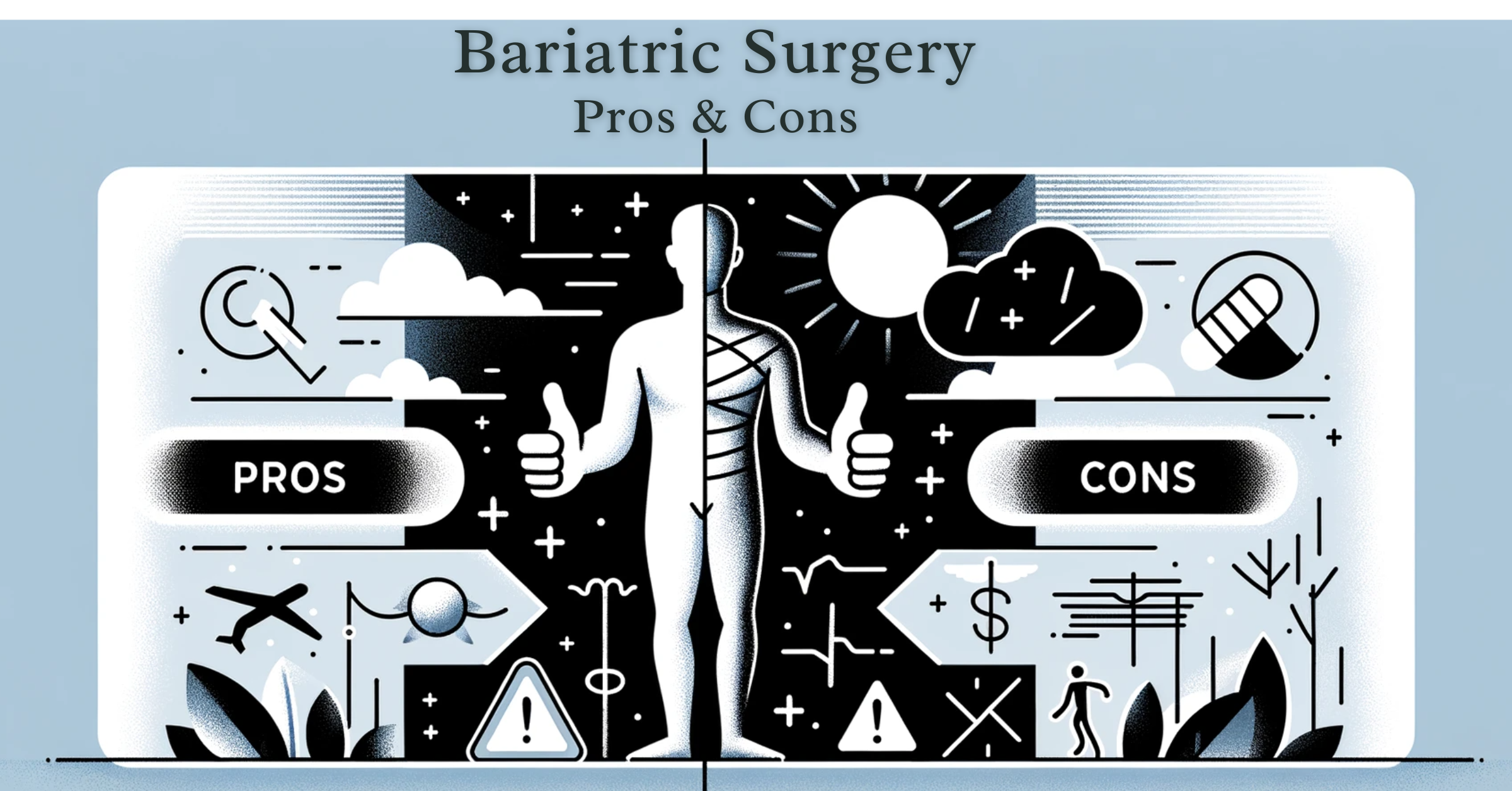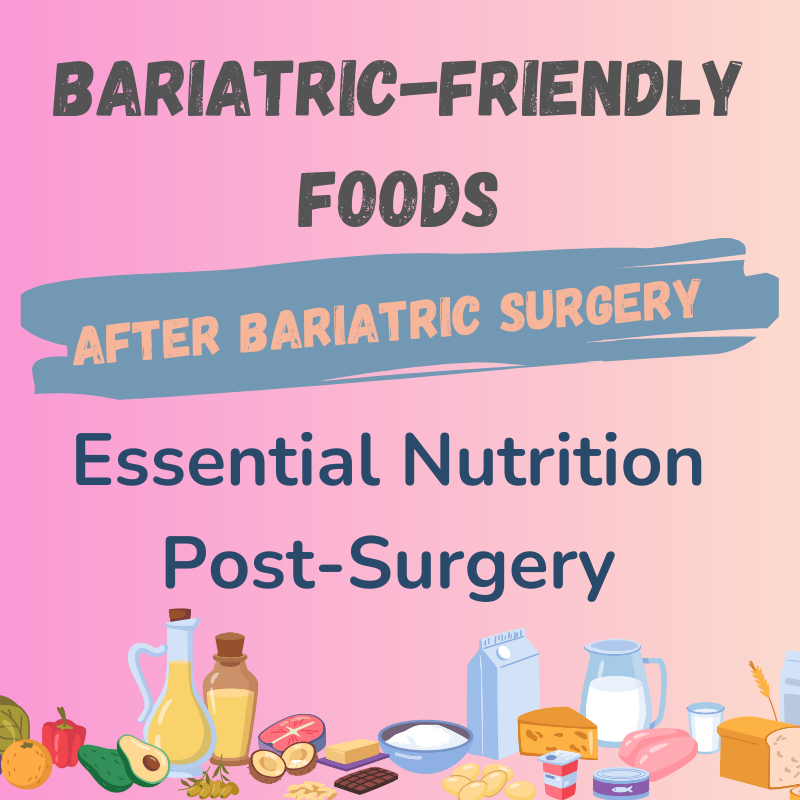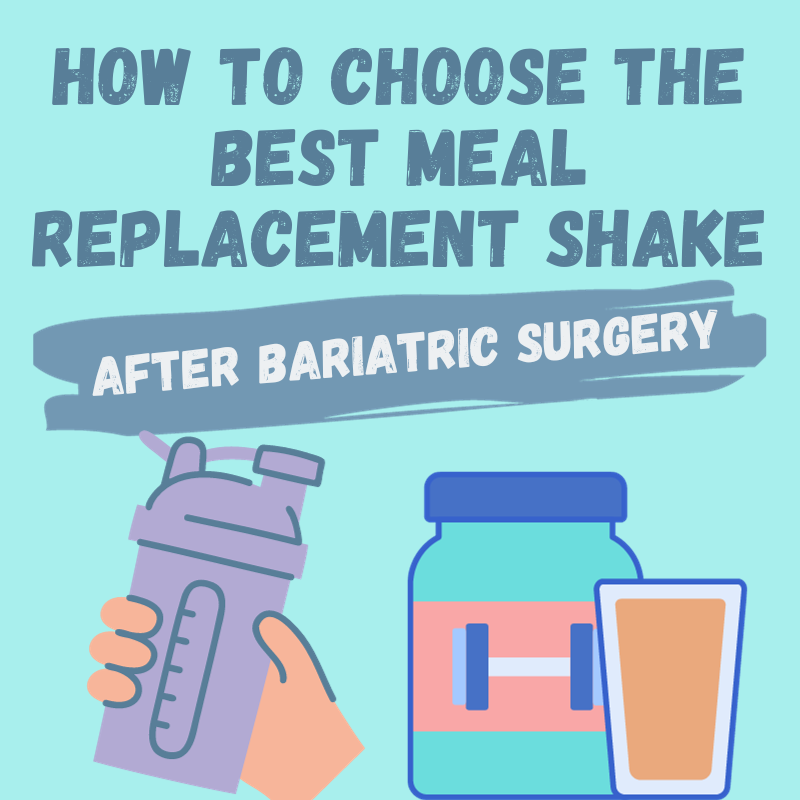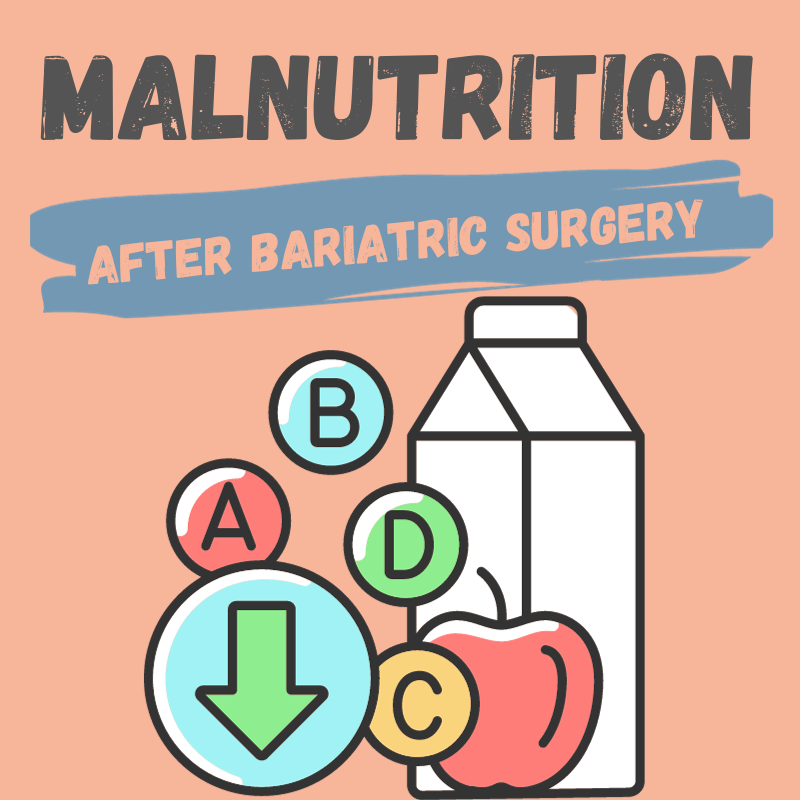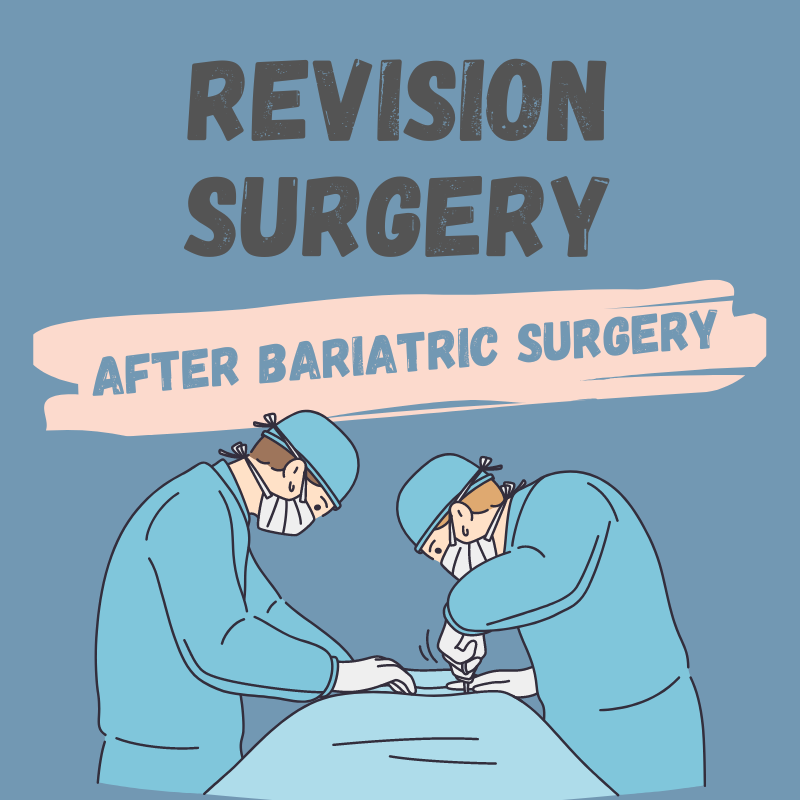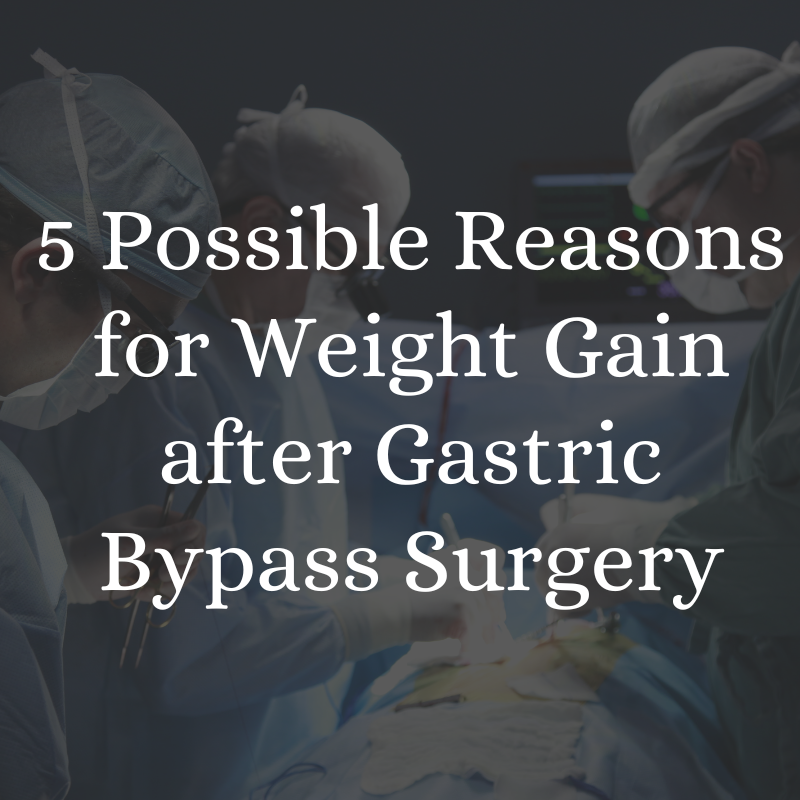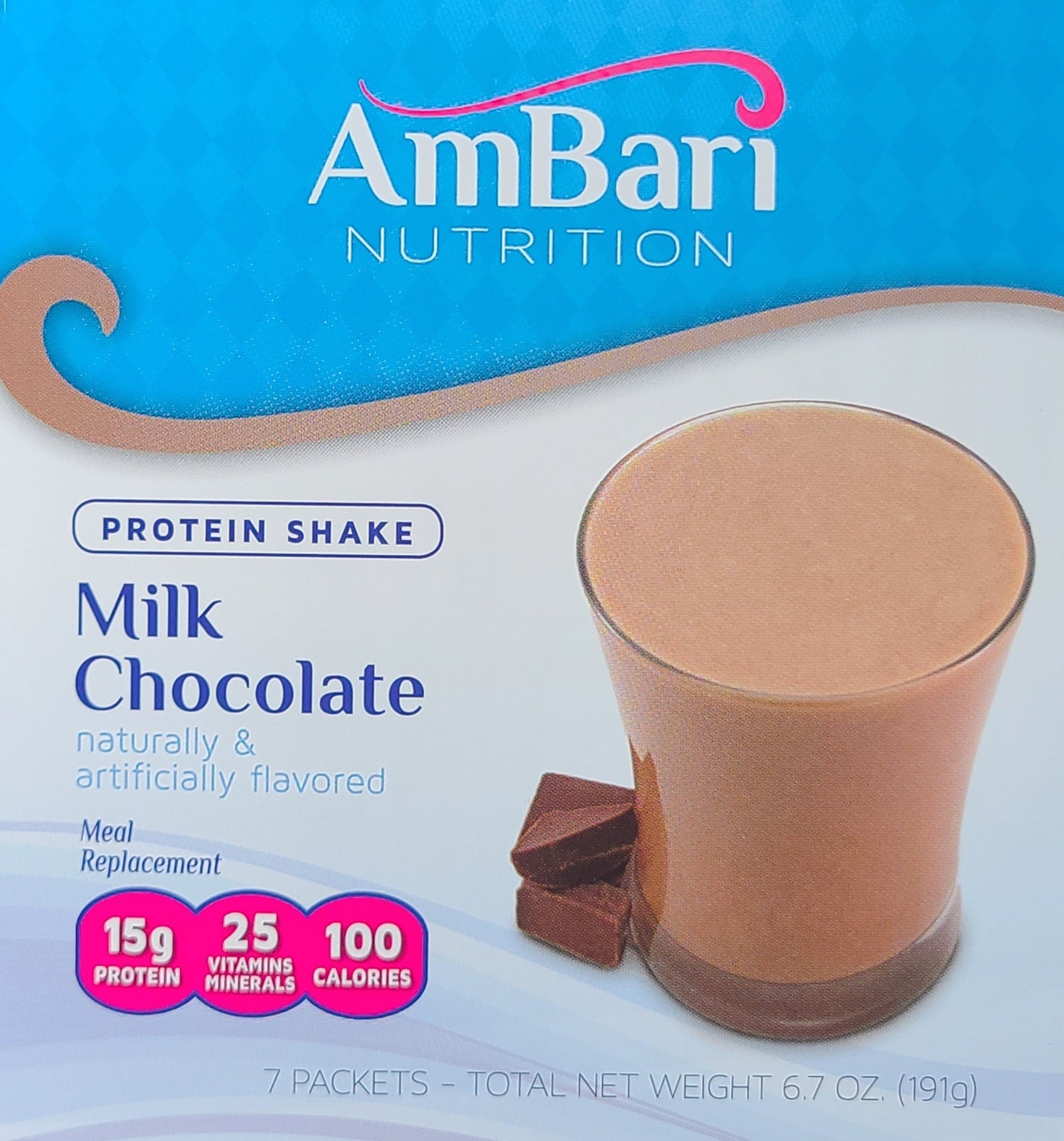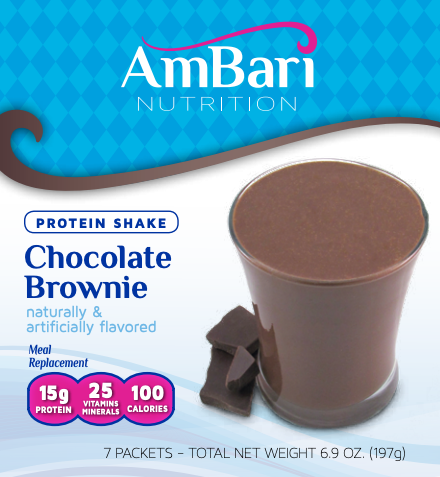Your cart is empty
Biliopancreatic Diversion with Duodenal Switch (BPD/DS) Surgery

Biliopancreatic Diversion with Duodenal Switch (BPD/DS) surgery is a complex yet highly effective weight loss procedure for individuals suffering from severe obesity and related health issues. This comprehensive guide aims to educate and inform those considering the surgery by providing an easy-to-understand overview of the procedure, its benefits, risks, and lifestyle changes required for long-term success.
Understanding BPD/DS Surgery
- Biliopancreatic Diversion with Duodenal Switch, BPD/DS, is a bariatric surgery that combines both restrictive and malabsorptive elements to promote significant weight loss.
- The restrictive component involves reducing the stomach size, while the malabsorptive component reroutes a portion of the small intestine, limiting calorie and nutrient absorption.
- BPD/DS is particularly effective in treating obesity-related health issues such as type 2 diabetes, sleep apnea, and hypertension.
- It is important to note that BPD/DS is more complex than other bariatric surgeries like gastric bypass and gastric sleeve.
Who is a Candidate for BPD/DS Surgery?
- Candidates for BPD/DS surgery typically have a body mass index (BMI) of 40 or higher or a BMI of 35 or higher with at least one obesity-related health condition. There are current discussions involving lower the recommended BMI down to 35, or 30 with another health conditions. (Read Here: New Bariatric Surgery Recommended Guidelines).
- It is expected that candidates have tried and failed to lose weight through non-surgical methods such as diet, exercise, and behavior modification.
- Additionally, candidates must undergo a thorough psychological evaluation to ensure they are mentally prepared for the surgery and the lifestyle changes that follow.
Preparing for BPD/DS Surgery
- Before the surgery, patients must undergo several pre-surgical tests and evaluations to ensure their safety and eligibility for the procedure. These tests may include blood work, imaging studies, and consultations with various specialists.
- Dietary and lifestyle changes are also required to prepare the body for surgery and ensure a smoother recovery. To help patients make informed decisions, it is essential to explore various bariatric surgery options by reading resources such as Choosing the Right Bariatric Surgery.
- Establishing a support system, including friends, family, and healthcare professionals, is crucial for long-term success.
The BPD/DS Surgical Procedure
- The BPD/DS procedure can be performed through laparoscopic or open surgery, depending on the surgeon's preference and the patient's specific needs.
- The surgery typically takes 3-4 hours to complete.
- The procedure involves two main steps: first, the surgeon reduces the size of the stomach, creating a smaller pouch; second, the small intestine is rerouted, bypassing a significant portion of the digestive tract.
- This combination of restriction and malabsorption promotes rapid weight loss.
- As with any surgery, there are potential risks and complications, including infection, bleeding, and leaks from the staple lines.
Recovery and Post-operative Care
- After surgery, patients will stay in the hospital for 2-5 days, during which they will receive pain management and close monitoring for complications.
- The initial post-operative diet consists of clear liquids, gradually transitioning to thicker liquids, pureed foods, and finally, solid foods over several weeks.
- Wound care is crucial to prevent infections, and patients should closely follow their surgeon's instructions regarding activity levels and medications.
Long-term Lifestyle Changes and Maintenance
- A commitment to a healthy lifestyle is essential for maintaining weight loss and overall health after BPD/DS surgery.
- Patients must adhere to a balanced, nutrient-rich diet, as described in the nutrition after weight loss surgery guide.
- Vitamin and mineral supplementation is crucial due to reduced nutrient absorption, and patients can find suitable options like these nutrient dense bariatric protein shakes.
- Regular physical activity and prioritizing mental and emotional health are also vital components of long-term success.
Expected Outcomes and Benefits
- Patients who undergo BPD/DS surgery typically experience rapid weight loss within the first six months, with continued weight loss occurring up to two years post-surgery.
- Most patients can expect to lose 70-80% of their excess weight.
- Along with weight loss, many obesity-related health conditions, such as type 2 diabetes, hypertension, and sleep apnea, may significantly improve or resolve entirely.
- These improvements often result in an increased quality of life for patients.
Potential Risks and Complications
- While BPD/DS surgery offers many benefits, it also carries potential risks and complications.
- Nutrient deficiencies may arise due to the malabsorptive component of the surgery, making lifelong vitamin and mineral supplementation necessary.
- Dumping syndrome, a condition where food moves too quickly through the digestive tract, can also occur, causing symptoms like nausea, vomiting, and diarrhea.
- Other gastrointestinal issues may include abdominal pain, bloating, and changes in bowel habits.
- Weight regain is possible if patients do not adhere to the recommended lifestyle changes. For a more detailed overview of the risks, refer to bariatric surgery complications, risks, and negative side effects.
Frequently Asked Questions (FAQs)
Is BPD/DS surgery reversible?
BPD/DS surgery is considered partially reversible. While the stomach can be reconnected to its original size and the small intestine rerouted to its original path, some changes may be irreversible, and the procedure's complexity can pose risks. It is crucial to discuss the potential for reversibility with your surgeon.How long does it take to see results from the surgery?
Patients typically begin to see significant weight loss within the first few months after BPD/DS surgery. Most weight loss occurs within the first two years following the procedure.
How much weight can I expect to lose after BPD/DS surgery?
Most patients can expect to lose 70-80% of their excess weight following BPD/DS surgery. Individual results may vary based on factors such as adherence to dietary and lifestyle changes.
Will I need plastic surgery to remove excess skin after weight loss?
Some patients may require plastic surgery to remove excess skin after significant weight loss from BPD/DS surgery. The need for plastic surgery depends on factors such as age, genetics, skin elasticity, and the amount of weight lost.
How will BPD/DS surgery affect my social life and eating habits?
BPD/DS surgery will require adjustments to your eating habits, including smaller meal portions and a focus on nutrient-dense foods. This change may initially impact your social life, but with time and support from friends and family, you can adapt and maintain a healthy social life.
Can I get pregnant after BPD/DS surgery, and how will it affect pregnancy?
It is possible to get pregnant after BPD/DS surgery, but it is generally recommended to wait at least 12-18 months after the procedure to allow for stabilization of weight loss and nutritional status. Pregnancy after BPD/DS surgery can be healthy and successful, but it is crucial to work closely with your healthcare provider to monitor your nutritional intake and the health of both you and your baby. It may be necessary to adjust vitamin and mineral supplementation during pregnancy to ensure proper nutrition.
Will I need to take medications after BPD/DS surgery?
After BPD/DS surgery, you will likely need to take lifelong vitamin and mineral supplements due to the malabsorptive component of the procedure. Additionally, medications for pre-existing conditions, such as diabetes or hypertension, may need to be adjusted or discontinued under the guidance of your healthcare provider.
Author: Joey Young Joey is a writer and researcher with a big passion for health. As a dad to five kids and three dogs, he knows first-hand the importance of a healthy lifestyle. His work is all about sharing useful health advice and insights with readers from all walks of life. |
Reviewed By: Dr. K. Huffman Dr. Kevin D. Huffman, D.O., is a board-certified bariatric physician with a distinguished reputation in obesity treatment. As the founder of American Bariatric Consultants, he has impacted over 10,000 patients and trained numerous healthcare providers. His protocols and training materials have made him a national leader in bariatric medicine. |
Bariatric Guides & Information
More Info
Customer Favorites
- Choosing a selection results in a full page refresh.





